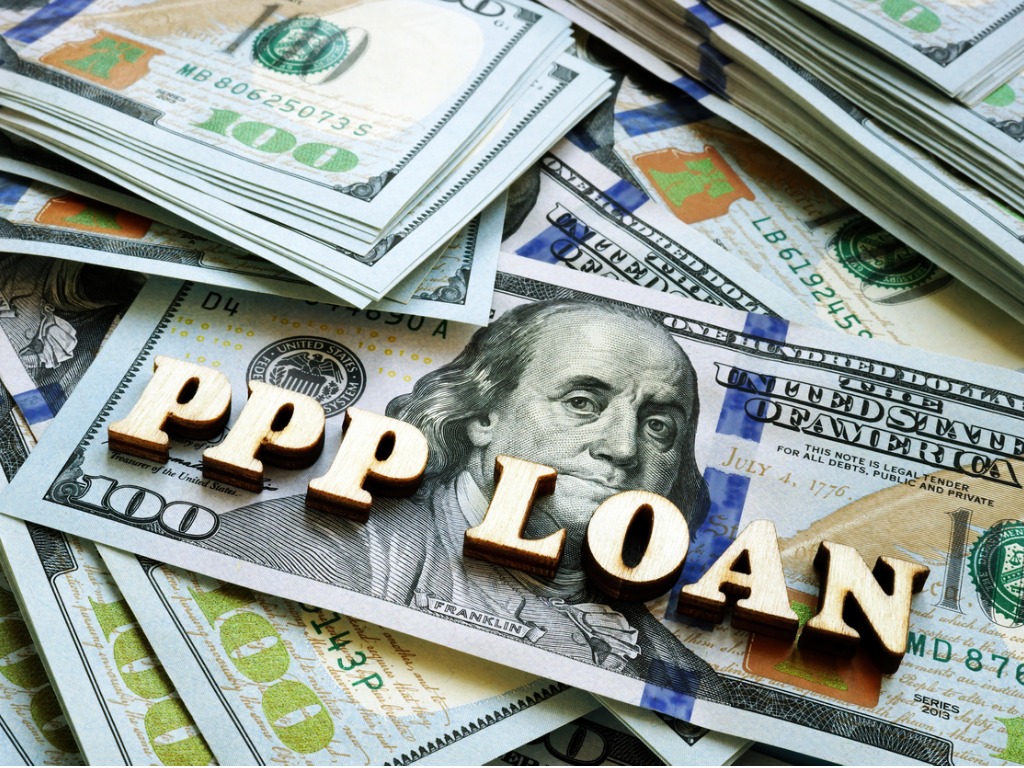September 22 saw the first settlement of its kind: a qui tam False Claims Act case related to a Paycheck Protection Program (PPP) loan in which the U.S. government intervened.
The qui tam provisions of the False Claims Act enable private citizens to file lawsuits on behalf of the government if they know of an individual or company defrauding the government. Qui tam whistleblowers are eligible to receive between 15 and 30% of the government’s recovery, if one occurs.
The U.S. Department of Justice announced that Pan African Interchange LLC and Stanley Damas will pay $21,583.31 to resolve allegations that they violated the False Claims Act in relation to the PPP.
The PPP was established with the passage of the Coronavirus Aid, Relief and Economic Security (CARES) Act to aid small businesses during the COVID-19 pandemic. In 2020, “eligible businesses could obtain one [Small Business Administration] guaranteed PPP loan,” and the loans were to be used in specific ways, like paying employees. Businesses who obtained a PPP loan “could qualify for loan forgiveness up to the full amount of the loan if certain requirements were met,” the DOJ press release explains.
A qualifying business had to submit an online PPP loan application through a third-party lender, and on the application, the business needed “to acknowledge the PPP program rules and make certain affirmative certifications in order to be eligible to obtain the loan.” According to the press release, “[b]orrowers were required to certify as true and accurate that the applicant had not and would not receive more than one loan under the PPP prior to December 31, 2020. A similar certification was required if a borrower applied for loan forgiveness.”
On April 14, the U.S. intervened in a qui tam whistleblower’s complaint against Pan African Interchange. The government filed a Complaint in Intervention on May 20 against Pan African Interchange LLC and its owner, Stanley Damas. “This case is the first PPP False Claims Act whistleblower case in which the United States intervened,” the press release announces.
The U.S. alleged “ that after applying for a PPP loan on May 20, 2020, Pan African Interchange LLC, through Stanley Damas, applied for a second PPP loan on May 21, 2020.” Pan African Interchange then allegedly falsely certified that it “had not and would not receive more than one loan prior to December 31, 2020, when on June 12, 2020, Pan African Interchange, LLC signed a promissory note for a second PPP loan that it received on June 24, 2020.”
Additionally, the U.S. alleged in its Complaint in Intervention “that, despite numerous demands, and in violation of the PPP rules and the FCA, Pan African Interchange LLC and Damas unlawfully refused to return the second PPP Loan.”
Damas and Pan African Interchange LLC paid $208,332.00 back to the U.S. after the government “filed and served its Complaint in Intervention.” However, this sum was just for the second loan Pan African Interchange received. For the settlement, Damas and Pan African Interchange LLC “agreed to pay an additional $21,583.31.”
The press release does not mention if the qui tam whistleblower in the case will receive an award.
Whistleblowers are critical to uncovering waste, fraud, and abuse in every industry. In Fiscal Year 2021, qui tam whistleblowers helped the DOJ recover $1.6 billion in settlements. Additionally, the DOJ highlighted fraud related to COVID-19 relief programs. Earlier this month, the DOJ announced the formation of three COVID-19 fraud strike force teams “created to enhance the Department’s existing efforts to combat and prevent COVID-19 related fraud.” This case could be the start of many more whistleblower-led uncoverings of pandemic fraud.
Senator Chuck Grassley (R-IA), who has been consistently championed as the “patron saint” of whistleblowers, proposed amendments to the False Claims Act in 2021 that would strengthen protections for whistleblowers and clarify existing law. The amendment was widely supported by whistleblower organizations and advocates. However, WNN sources discovered that the pharmaceutical lobby intervened with the amendment’s passage. The National Whistleblower Center (NWC) is urging Congress to protect the False Claims Act: learn more here.
